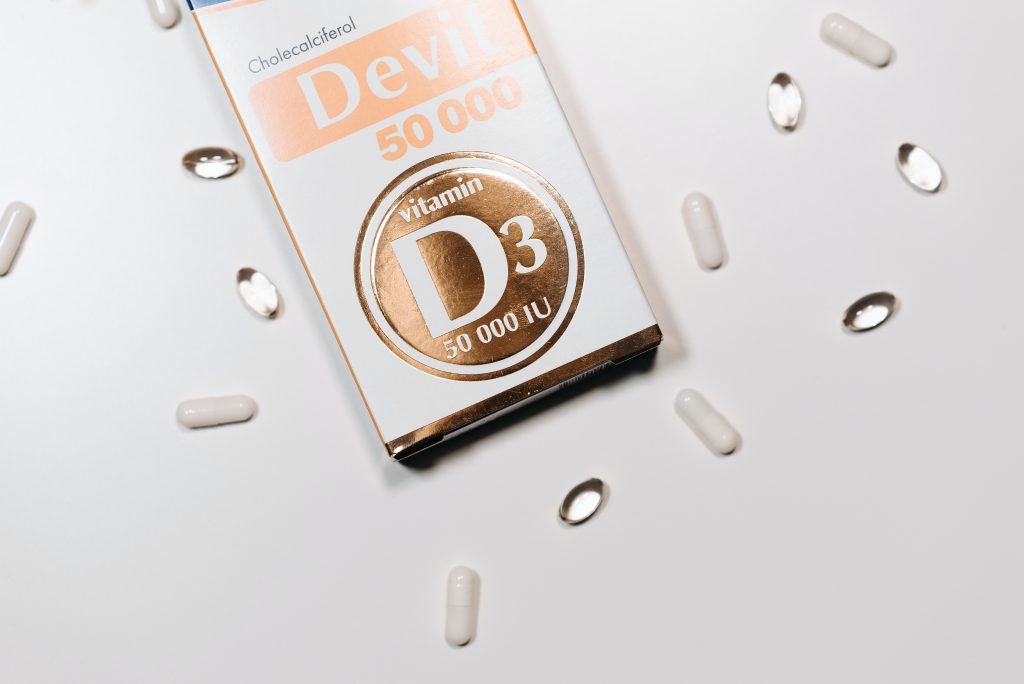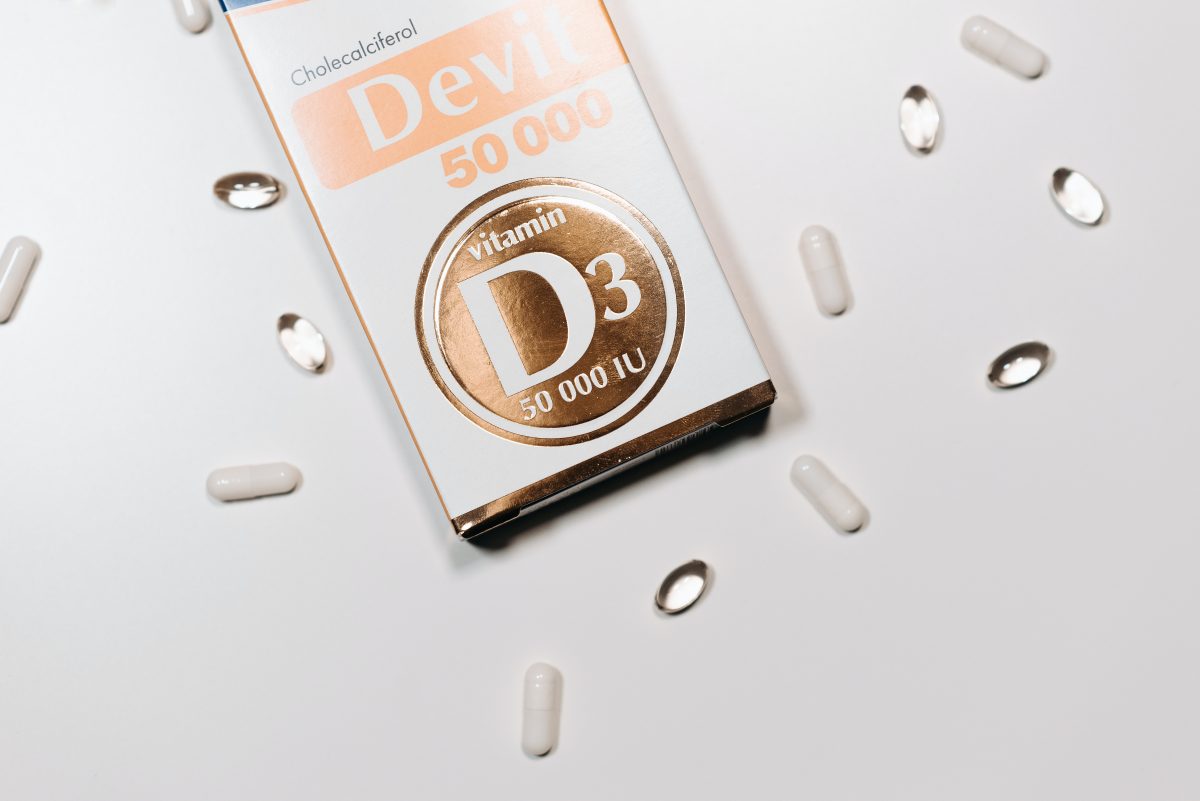
As COVID-19 rises around the nation, many continue to seek ways to build immunity. Can vitamin D help decrease severity of symptoms?
The virus known as COVID-19, or the coronavirus, has ripped through the world in just one year and many places are currently seeing the largest rates of infection since the beginning of the pandemic. As doctors and researchers learn more about the disease and its effects, there are also many studies being conducted and under review regarding immunity boosting nutrients or vitamins. Limited studies have been produced but some are linking benefits of vitamin D to coronavirus severity.
Benefits of Vitamin D
Vitamin D is an important nutrient the human body needs to function in a healthy way. According to Medical News Today, “Vitamin D is essential for several reasons, including maintaining healthy bones and teeth. It may also protect against a range of diseases and conditions, such as type 1 diabetes. Despite its name, vitamin D is not a vitamin, but a prohormone, or precursor of a hormone. Vitamins are nutrients that the body cannot create, and so a person must consume them in the diet. However, the body can produce vitamin D”. Vitamin D can also help boost immunity and help in fighting disease. Vitamin D can be absorbed through the skin when a person gets adequate sunlight, approximately 10-15 minutes a day. Many people, especially those in colder climates and long winters, are at risk for vitamin D deficiency as they do not get out in the sunlight enough in the cold months. Likewise, those who work indoors or work night shifts are also at risk for having too little vitamin D in their body. General recommendations for vitamin D dosage for children and adults is 600 IU, or 15 mcg. Those who do not get enough or close to recommended doses are at a greater risk in general for infection or disease. (retrieved from Medical News Today).
Vitamin D and Coronavirus
Several studies have been conducted over the past year regarding the supplementation of vitamin D and it’s correlation to coronavirus severity. According to Healthline, recent scientific research has concluded that vitamin D supplementation might protect against respiratory infections, especially in people who were already deficient in vitamin D to begin with. Keeping sufficient vitamin D levels in the body has been shown to potentially help aid in preventing serious complications or fatalities. Furthermore, Medical News reports that studies showed a reduction in effects of the cytokine storm, which is the escalated inflammatory response that occurs in some individuals with the coronavirus. “Additional data suggests that vitamin D may reduce some of the unfavorable downstream immunological responses to COVID-19 that are associated with severe manifestations through the disease. Some of these downstream pathways that vitamin D may be involved in include preventing the rise of interleukin 6 (IL-6) levels and delaying the interferon-gamma response”. (retrieved from Medical News). The Mayo Clinic also reports similar findings, showing that of those who had serious complications, vitamin D showed to help. In a small, randomized study of 50 participants given a high dose of a type of vitamin D (calcifediol), only one needed to be treated in the ICU. They had 26 patients who were not given the vitamin D, and 13 of the 26 participants needed to be treated in the ICU (retrieved from The Mayo Clinic).
Conclusion
Although supplementation with vitamin D is not proven to either prevent or treat the novel coronavirus (COVID-19), there have been a number of positive findings that support vitamin D as a helpful immune boosting nutrient. These findings are in line with what has been supportive evidence in favor of vitamin D and its immune support against other viruses and infections. Most people can benefit from vitamin D supplementation and from eating immune boosting foods. To see our blog on best foods to boost immunity, click here. The best ways to prevent contracting the novel coronavirus remain social distancing, avoiding indoor gatherings, wearing a mask when in public and washing hands regularly. Eating a healthy diet and making sure that the body is getting the daily recommendations of nutrients can help boost immunity and keep the body strong no matter what type of illness or infection.






